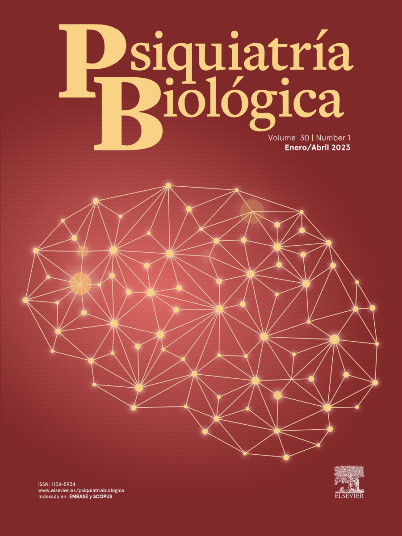Este caso clínico aborda estrategias de manejo para pacientes con conductas de «puerta giratoria» en salud mental, a través del caso de un hombre con trastorno obsesivo-compulsivo y trastorno de personalidad. A pesar de un tratamiento regular, el paciente tuvo un seguimiento irregular y múltiples visitas al servicio de urgencias. Tras identificar una compulsión como causa, se aplicó una intervención psicoeducativa que resultó en una mejora significativa, reduciendo las visitas a urgencias y aumentando la asistencia a las citas del equipo de salud mental. Este enfoque destaca la importancia del enfoque psicoeducativo en el tratamiento de pacientes con conductas de «puerta giratoria» en salud mental.
This case report discusses treatment strategies for individuals exhibiting “revolving door” behaviors in mental health, focusing on a male patient diagnosed with obsessive-compulsive disorder and personality disorder. Despite consistent treatment, the patient displayed irregular follow-up and frequent visits to the emergency department. Following the identification of compulsion as the underlying issue, a psychoeducational intervention was introduced, leading to notable enhancements in the patient's condition by decreasing emergency department visits and enhancing participation in appointments with the Mental Health Team. This case underscores the significance of psychoeducational interventions in managing patients demonstrating “revolving door” behaviors in mental health settings.






